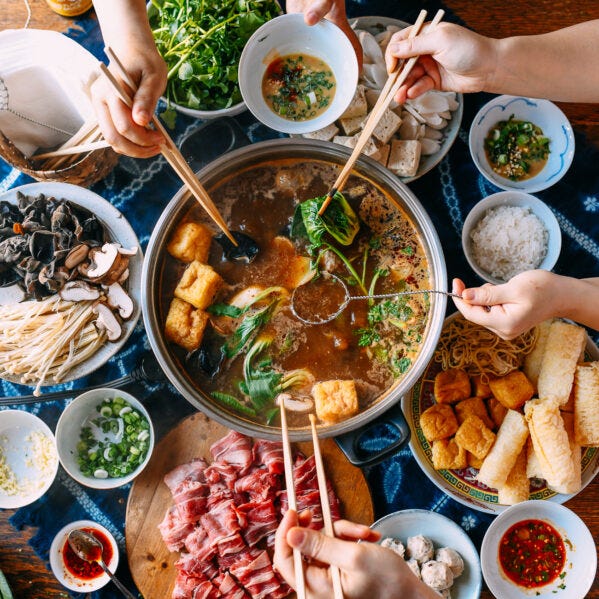Haidilao International (6862.HK)
Impressive expansion continues.
Haidilao International Holding Limited was founded in 1994 and trades under the ticker symbol: 6862.HK on the Hong Kong stock exchange.
The company operates a chain of hot pot restaurants under the name of Haidilao Hot Pot and is the largest hot pot chain in China. The company has begun expanding overseas with chain restaurants i…

